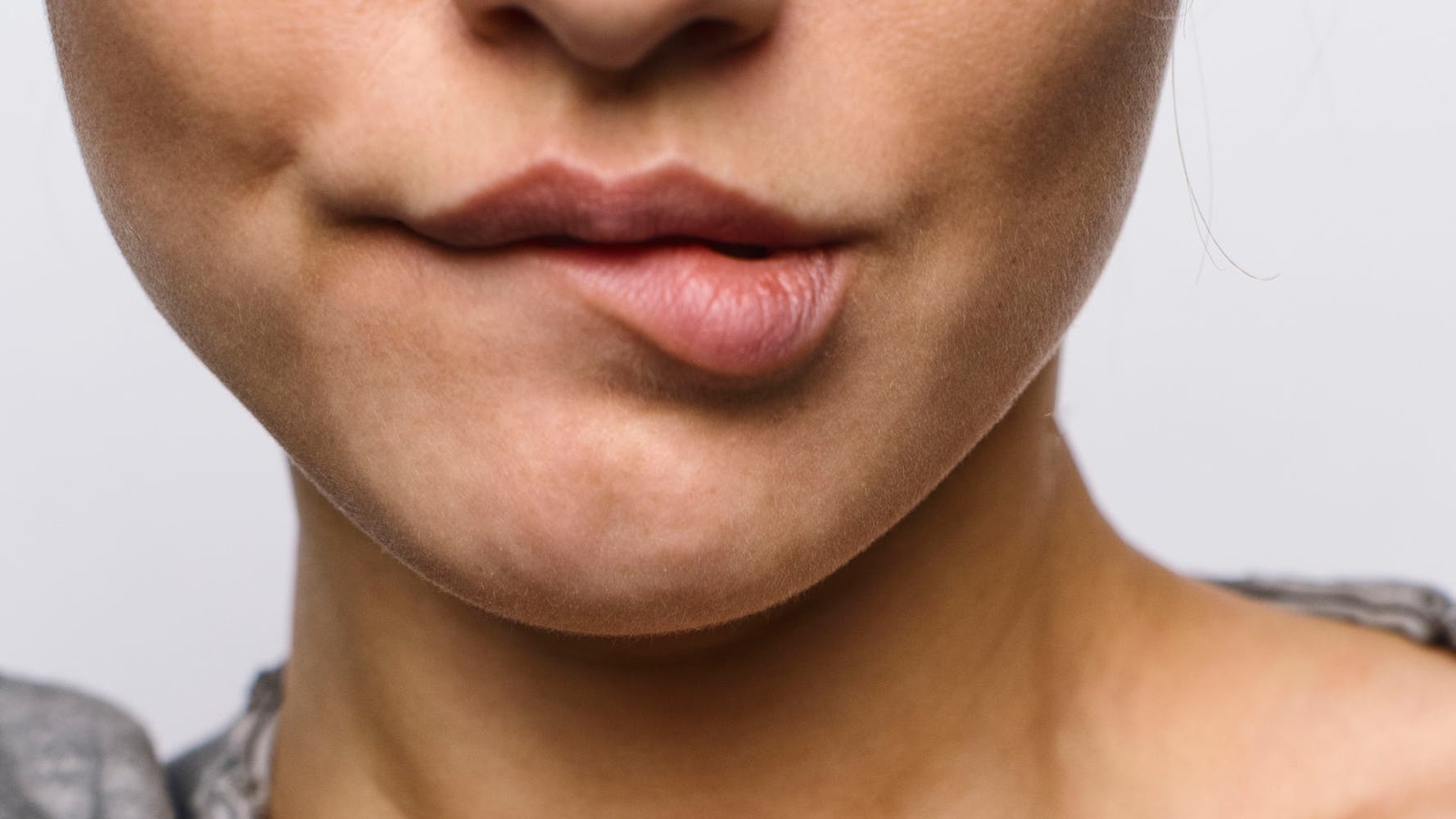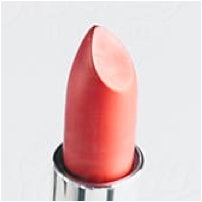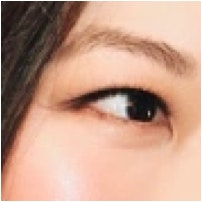Injectable Fillers
Experts Share 3 Ways To Help Reduce Swelling After An Injectable Filler Appointment
[email protected] | July 24, 23

If you notice your face or lips start to swell after a temporary injectable filler treatment, we have three words for you: it is OK. It is a common side effect that can happen. Typically, most side effects go away within a couple of weeks; that said, everyone is unique, so your experience may be different from someone else’s.
According to dermatologist and member of The Women’s Dermatologic Society Kimberly Butterwick, MD, swelling occurs with all injectable fillers because of the trauma caused by the injection, and/or the patient’s reaction to a particular filler.
“Most swelling is mild [or moderate] and usually subsides in a couple of weeks, she says. She also explains that more pronounced swelling is likely to occur with lip fillers. This can happen within hours of getting the treatment. However, inflammation is also a side effect you may experience weeks to months after getting the treatment. (If this happens, consult with your provider immediately.)
In addition to how your body reacts, the quality of your injector as well as his or her protocol can play a role in swelling. Typically, experienced injectors tend to reduce the speed of their injections to reduce discomfort and swelling.
“In my practice, we use a lot of ice and I inject slowly, notes dermatologist and founder of Mariwalla Dermatology, Dr. Kavita Mariwalla. But not all providers adhere to this technique and again, there’s still a good chance you’ll experience swelling anyway. So, if and when it happens to you, here are ways to reduce it until it completely goes away.
[Editor’s note: Injectable filler is a temporary treatment that adds volume to areas of the face such as the lips, cheeks, and laugh lines. Like any medical treatment, it has potential risks and side effects. Be sure to talk to a licensed provider to see if it’s right for you. Have more questions? Chat with our team of trained aesthetics specialists now.]
Look into pre-treatment care.
If you’re getting lip fillers, consider asking your doctor if this is an option for you.

Put ice on it.
Both Mariwalla and Butterwick recommend putting ice immediately after as the number one way to reduce swelling. Butterwick advises patients to apply an ice pack five to ten minutes, two to three times per day as needed. Be sure to wrap your ice with a towel so the cold surface of the pack isn’t directly touching your lip. This will result in a more comfortable experience.
Don’t get heated.
And we mean literally — Butterwick says swelling can increase if you are exposed to extreme heat immediately after a treatment. She suggests avoiding saunas, jacuzzis and hot yoga for at least 48 hours.







